What is Masonry Paint and Why is it Essential for Your Home?
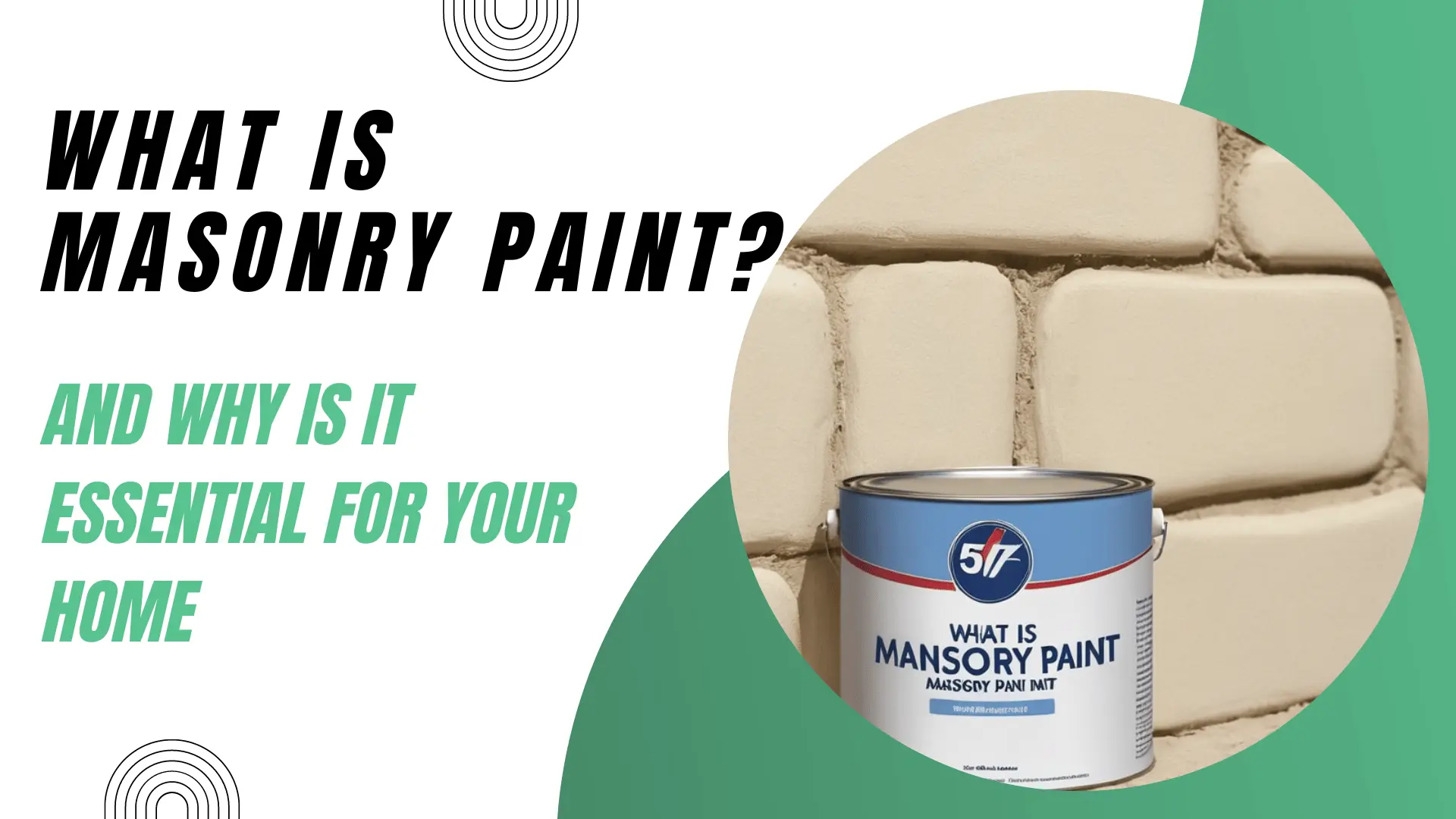
DIY DOJO is reader-supported. We may earn an affiliate commission when you buy through links on our site. Find out more.
Are you considering giving your home’s exterior a fresh look? Then you might have come across the term “masonry paint.” In simple terms, masonry paint is a type of paint specifically designed for use on exterior surfaces like concrete, brick, and stone.
But why is it essential for your home? Well, it enhances the aesthetic appeal of your property, but it also helps protect it from harsh weather conditions, moisture, and other external factors that could cause damage.
In this article, we’ll explore what masonry paint is, why it’s essential for your home, and how to choose the right type for your specific needs. So, whether you’re looking to refresh the look of your home or protect it from the elements, read on to discover everything you need to know about masonry paint.
What is masonry paint?
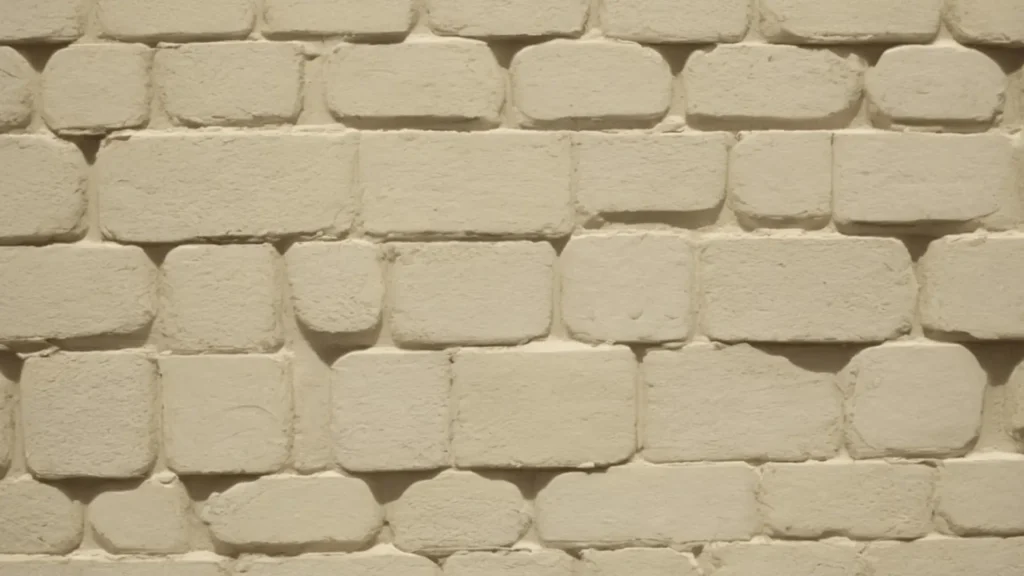
Masonry paint is a type of paint specifically designed for use on exterior walls and other masonry surfaces such as concrete, brick, stucco, and stone. A specific type of masonry paint is formulated with a high concentration of pigments, binders, and fillers, which gives unrivaled coverage, adhesion, and resistance to weathering.
These paints are available in a wide range of colors and finishes, including matte, satin, gloss, and textured finishes. One of the primary benefits of exterior masonry paint is its ability to resist moisture and prevent water penetration into the masonry surface.
By applying masonry paint, you can help protect your home or building from water damage, mold growth, and other issues that can arise from excess moisture.
The application of masonry paint can also help even the look of the surface to create a unified and visually appealing exterior. When selecting masonry paint, it is important to choose a product that is specifically designed for the type of surface you will be painting.
Why is Masonry Paint Essential for Your Home?
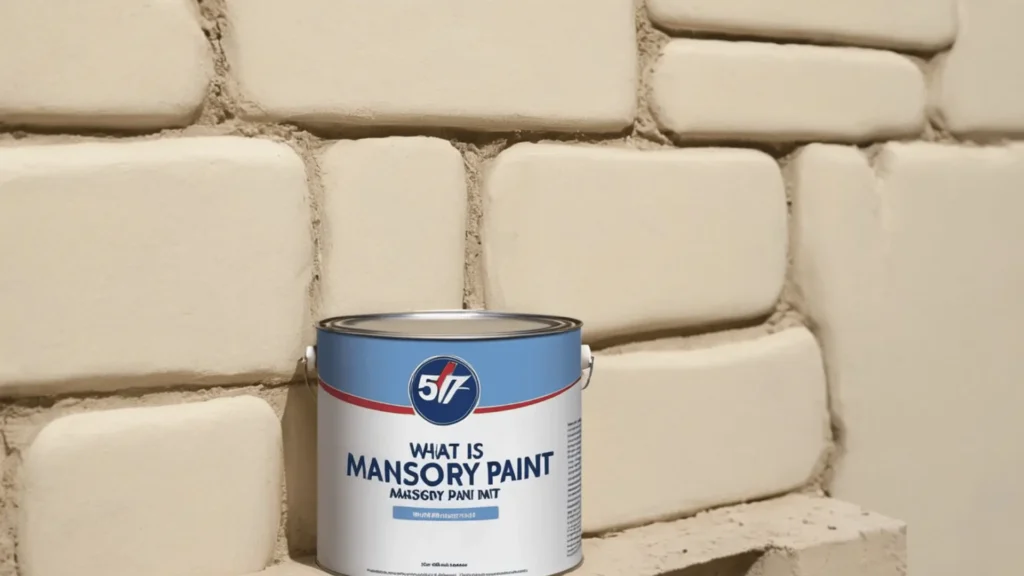
Masonry paint is a type of exterior paint that is specially designed for use on concrete, brick, and other masonry surfaces. Here are some reasons why textured masonry paint is essential for your home:
Protection from the elements: Masonry paint, for example, oil-based masonry paint, gives your home’s exterior surfaces a valuable shield against the detrimental effects of weather conditions like rain, snowfall, and harsh sunlight. The paint forms a waterproof layer that prevents moisture from penetrating the masonry, which can cause cracks, mold growth, and other types of damage.
Increased durability: Masonry paint is formulated to withstand the rigors of exposure to the elements and has a longer lifespan compared to regular interior or exterior paints. This makes it a cost-effective solution for maintaining the appearance of your home’s exterior.
Improved aesthetics: Masonry paint is available in a wide range of colors and finishes, allowing you to create the desired look for your home’s exterior. Whether you want a classic look or a modern finish, masonry paint can help you achieve the desired aesthetic.
Easy application: Masonry paint, like spray masonry for example, is easy to apply, and it also dries swiftly, making it a popular option whether you wish to use masonry paint indoors for DIY undertakings or on various outdoor surfaces. The paint can be applied using a brush, roller, or spray gun, and requires minimal preparation before application.
Increased property value: A well-maintained exterior can significantly increase the value of your property. Applying masonry paint to your home’s exterior surfaces can improve its curb appeal and make it more attractive to potential buyers, which can lead to a higher resale value.
What is the best breathable masonry paint?
Breathable masonry paint is a type of paint that allows water vapor to pass through it, preventing moisture from getting trapped in the walls. When choosing a paint, factors such as the porosity of the surface, climate, and aesthetics should be taken into account. The Top Breathable Masonry Paint Options are as follows:
Dulux Trade Weathershield Smooth Masonry Paint:
Dulux Trade Weathershield Smooth Masonry Paint is a high-quality paint that is specifically designed for use on exterior masonry surfaces. It is water-based masonry paint and provides excellent breathability to prevent moisture from getting trapped in the walls.
Sandtex Ultra Smooth Masonry Paint, a type of masonry paint:
Sandtex Ultra Smooth Masonry Paint is another popular option for breathable masonry paint. It is also water-based and provides excellent breathability, while also being durable and long-lasting.
How to Apply Masonry Paint?
Masonry paint is a type of exterior paint that is specifically formulated to be used on brick, concrete, and other masonry surfaces. If you’re considering an update to your home’s exterior aesthetics or hoping to shield the surface from damaging weather conditions, applying a type of masonry paint could be a brilliant idea. Here are the steps you should follow to apply masonry paint:
- Prepare the Surface: Before applying masonry paint, it’s important to make sure the surface is clean and free of any loose dirt, debris, or flaking paint. Use a wire brush or scraper to remove any loose material, and then clean the surface with a pressure washer or a stiff brush and soapy water. Allow the surface to dry completely before proceeding.
- Prime the Surface: If the surface is porous, you’ll need to apply a primer before painting. This will help the paint from adhering correctly to the surface and prevent it from soaking in too much. Choose a primer that is specifically formulated for masonry surfaces, and apply it according to the manufacturer’s instructions. Allow the primer to dry completely before proceeding.
- Choose the Right Paint: Masonry paint comes in a variety of colors and finishes. Choose a paint that is specifically formulated for masonry surfaces, and select a colour and finish that will complement your home’s style.
- Apply the Paint: Once the surface is clean and primed (if necessary), you can begin applying the fresh coat of exterior paint. Use a paint roller or brush for the application of masonry paint, starting at the top of the surface and working your way down. Be sure to use a thick, even coat, and apply the paint in overlapping strokes to ensure complete coverage. If you’re painting a large surface, you may want to use a sprayer for more efficient coverage.
- Allow the Paint to Dry: Masonry paint typically takes several hours to dry and may require multiple coats. Check the manufacturer’s instructions for specific drying times, and be sure to allow each coat of the masonry paint to dry completely before applying the next.
Can You Use Masonry Paint On Wood?
Masonry paint is specifically designed for use on masonry surfaces such as brickwork, concrete, and stucco. It is not recommended to use masonry paint on wood surfaces as it may not adhere properly, resulting in poor adhesion and an uneven finish.
Additionally, masonry paint may not provide the necessary level of protection and durability for wood surfaces, as it is not designed to withstand the wear and tear that wood is subject to. If you want to paint wood surfaces, it is best to use a paint specifically designed for wood, such as acrylic masonry paint or oil-based paint.
Is Masonry Paint Waterproof?
Yes, masonry paint is designed to be waterproof and is typically used on exterior surfaces such as brick, stucco, and concrete to provide a protective barrier against moisture, weathering, and UV damage. Masonry paint is formulated with a range of additives that help it resist water penetration and prevent the growth of mold and mildew.
However, it’s important to note that not all masonry paints are created equal, and some may provide better water resistance than others. It’s important to carefully read the product label and choose a masonry paint that is specifically designed for your particular needs, whether that be waterproofing color retention or other features.
Does masonry paint need a primer?
Yes, masonry paint usually needs a primer. Priming is an important step when painting masonry surfaces because it helps to improve the adhesion, durability, and coverage of the topcoat. Without a primer, the paint may not adhere properly to the surface and may flake or peel off over time.
The type of primer you use will depend on the condition of the surface you are painting. If the surface is new or has been previously painted with a similar type of paint, you can use a standard masonry primer. However, if the surface is stained, porous, or has other issues, you may need to use a specialized primer to address those specific issues.
Is there a difference between masonry paint and concrete paint?
Indeed, there is a contrast between masonry paint and concrete paint, even though both are paint used for exterior surfaces and share common characteristics.
Masonry paint can be used for application on various porous surfaces such as brick, stucco, and stone. It is a water-based paint that offers excellent adhesion and durability while allowing the surface to breathe and preventing moisture buildup. The paint typically contains a higher concentration of acrylic or vinyl resins, which makes it flexible and resistant to cracking or peeling.
On the other hand, concrete paint is specially formulated for use on concrete surfaces, including floors, walls, and driveways. Concrete paint is formulated to withstand high foot and vehicular traffic, as well as exposure to harsh weather conditions. Unlike masonry paint, it typically contains epoxy or polyurethane resins, which provide a hard, durable, and moisture-resistant surface.
While both masonry paint and concrete paint may display some overlapping features, they are formulated uniquely to suit various surfaces where they’re planned to be applied like interior paint or exterior paint. Therefore, it is important to choose the right paint type for the surface to ensure optimal adhesion, durability, and overall performance.
Conclusion:
In conclusion, whether it’s spray masonry or oil-based, masonry paint is a necessary investment for any homeowner aiming to safeguard their exterior walls from harsh weather and enhance their property’s overall aesthetic look. It is a durable and long-lasting solution that helps prevent water penetration, cracking, damping, and fading, providing a fresh and attractive look for years to come.
By choosing the right masonry paint, you can add value to your home and create a beautiful and inviting atmosphere that you’ll be proud to call your own. So, if you’re considering a renovation or just looking to freshen up your exterior walls, masonry paint is undoubtedly the way to go.

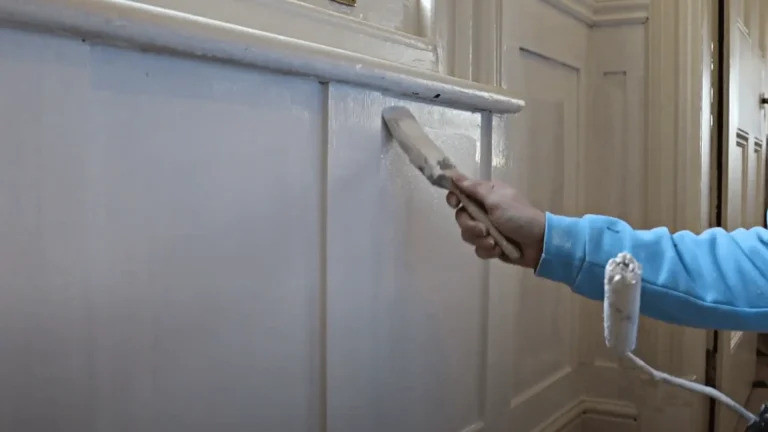
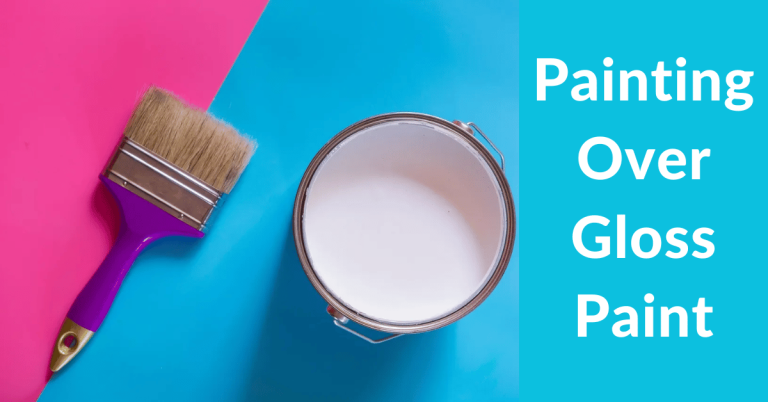
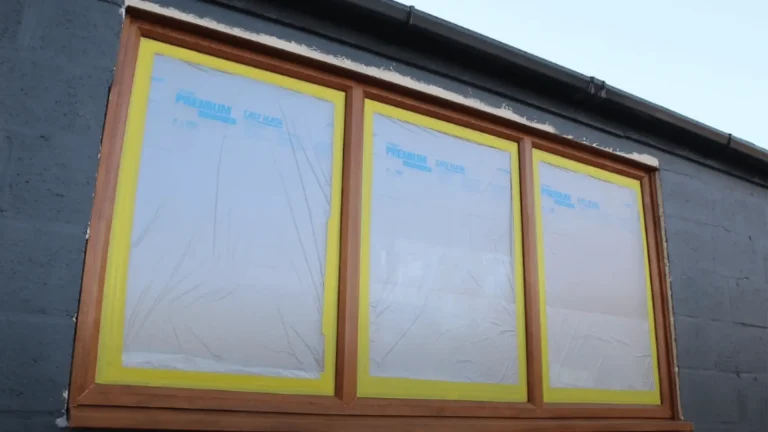
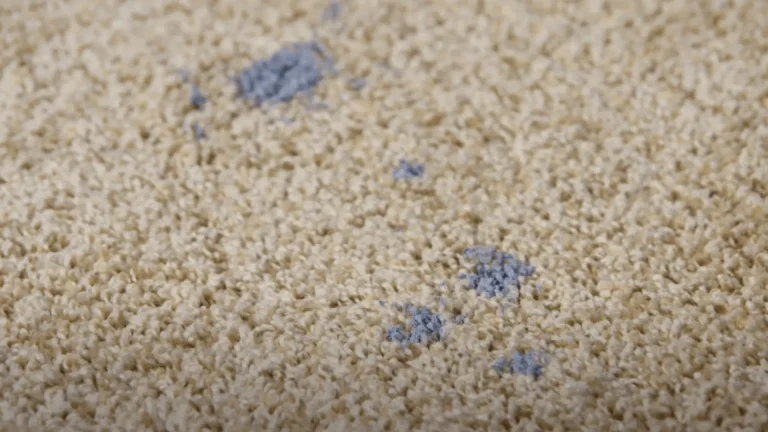
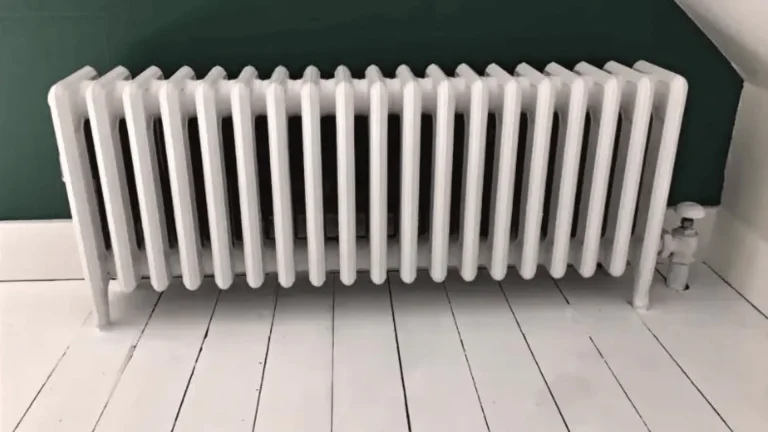
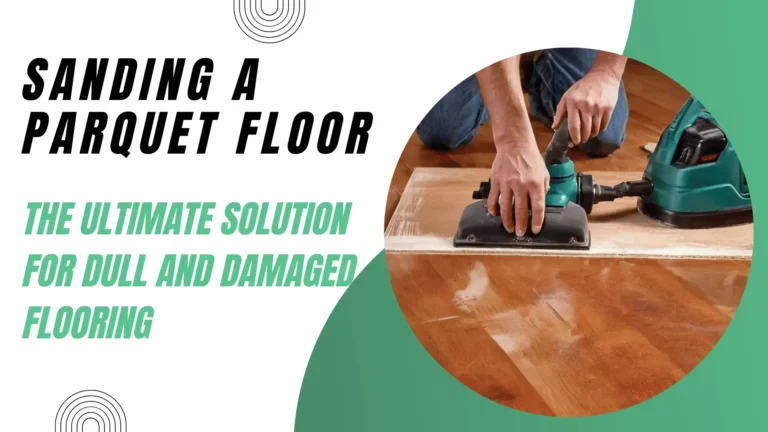
One Comment